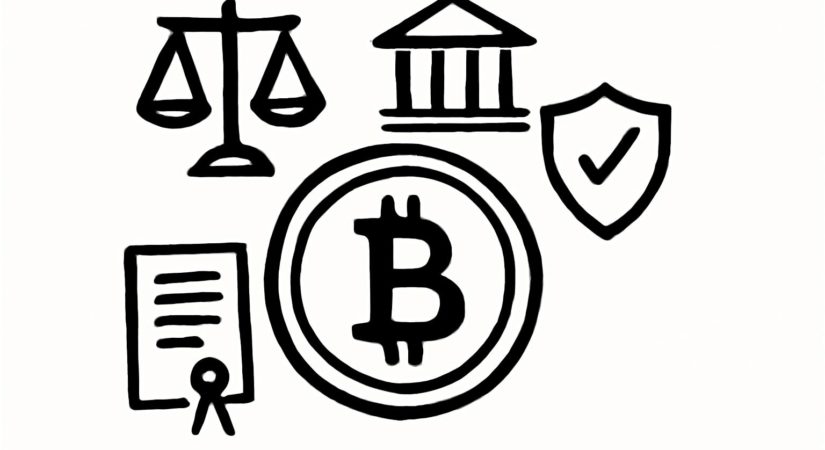The Senate is poised to approve legislation regulating stablecoins, a type of cryptocurrency pegged to the U.S. dollar. The bill, known as the GENIUS Act (Guiding and Establishing National Innovation for U.S. Stablecoins), aims to establish consumer protections and regulatory guardrails for stablecoins.
This legislation marks the first of several anticipated crypto-related bills from Congress, reflecting the industry’s growing influence in Washington. The bill cleared a major procedural hurdle last week with a 68-30 vote and is expected to pass Tuesday with a simple majority, before moving to the House for further consideration.
Support for the bill crosses party lines, with 18 Democratic senators backing it alongside the Republican majority. However, some Democrats remain opposed, concerned the bill fails to address President Donald Trump’s personal financial ties to the crypto sector. Though the bill prohibits members of Congress and their families from profiting from stablecoins, it does not extend this restriction to the president or his family.
Trump’s family holds significant stakes in cryptocurrency ventures, including World Liberty Financial, which has launched its own stablecoin, USD1. The president recently hosted investors involved with a Trump-branded meme coin at a private dinner.
The administration generally supports crypto’s expanding role in the economy. Treasury Secretary Scott Bessent anticipates the legislation could help grow the U.S. stablecoin market to more than $2 trillion by 2028. Coinbase CEO Brian Armstrong, a key advocate for the bill, has publicly praised Trump’s early engagement with crypto.
Despite bipartisan backing, the bill faced resistance in early May when several Democrats reversed previously held support, leading to new negotiations with Republicans and the White House. The resulting compromise is expected to secure Senate approval.
Concerns remain, especially among Democrats like Senator Elizabeth Warren, who cautions the bill could facilitate corruption and enable large tech firms to issue their own stablecoins.
After Senate approval, the bill must pass the House, where further amendments are possible. President Trump has expressed a desire for the legislation to become law before Congress’s August recess.
